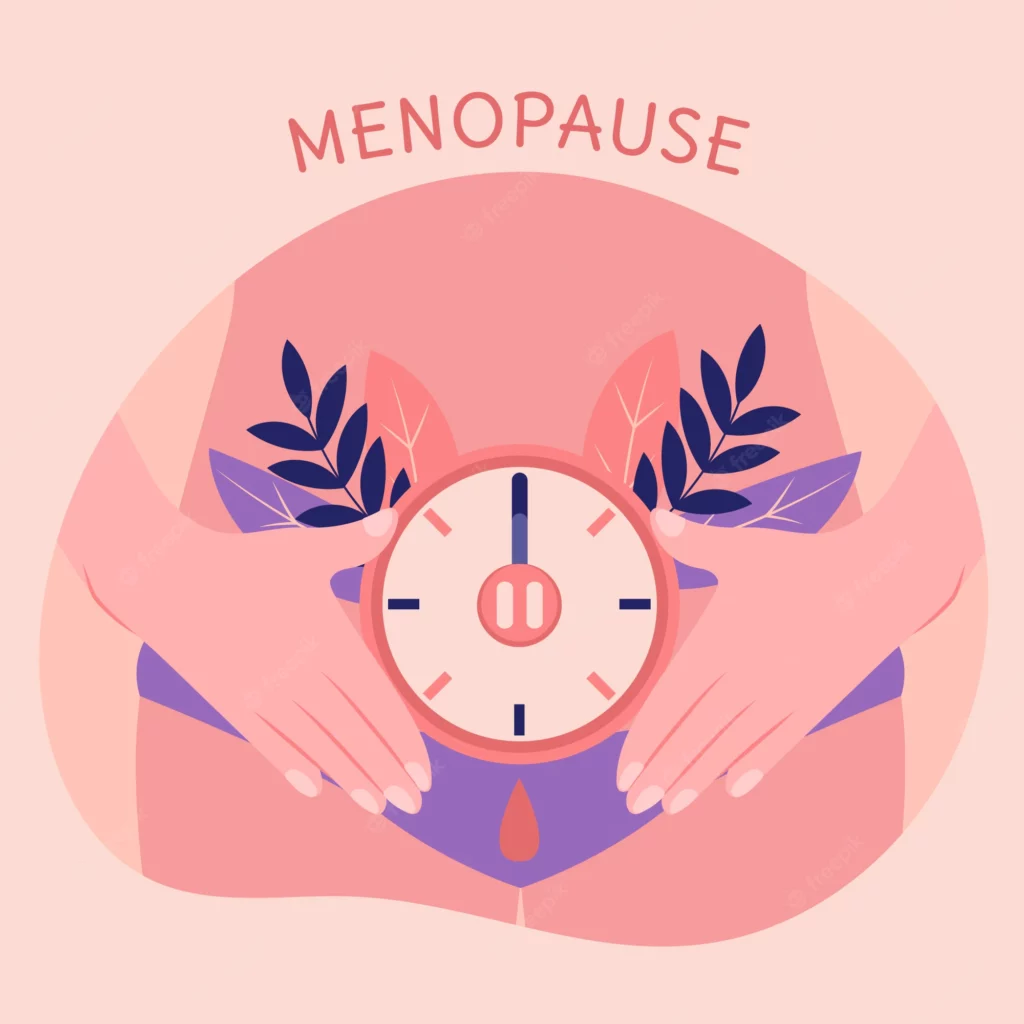
Menopause is a phase every woman goes through, but it’s often talked about only in terms of hot flashes, mood swings, and weight gain. What is less discussed but is just as important is how menopause affects brain health and increases the risk of osteoporosis.
The reality is our bones and brains are more connected than we think. As estrogen levels decline, not only does memory sometimes feel foggy, but bones also become weaker and more prone to fractures. Understanding this connection can help women take early action to protect both their mind and body.
So, let’s dive into how menopause, brain function, and bone health are linked and what you can do to keep both in top shape.
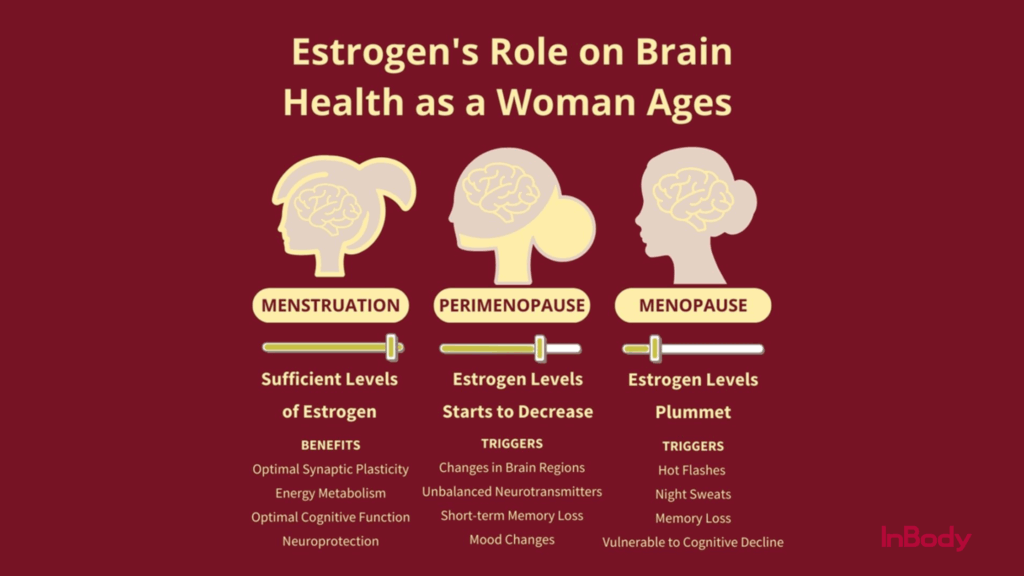
Why Does Menopause Affect Both the Brain and Bones?
The key player in all of this is estrogen.
1. Estrogen Protects the Brain
Estrogen helps regulate the chemicals (neurotransmitters)that send messages in your brain which are essential for mood, memory, and focus. When estrogen levels drop, many women experience forgetfulness, brain fog and trouble concentrating.
2. Estrogen Keeps Bones Strong
At the same time, estrogen plays a crucial role in bone maintenance. It helps regulate the activity of osteoblasts and osteoclasts.
Dr. Felicia Cosman, an osteoporosis specialist, explains it simply:
“Estrogen acts as a brake on bone loss. Once it declines, bones start breaking down faster than they rebuild, increasing the risk of osteoporosis.”
That’s why postmenopausal women can lose up to 20% of their bone density in just a few years!
How to Keep Your Brain and Bones Healthy Post-Menopause
As estrogen levels drop during menopause, it’s common for both bone density and brain sharpness to take a hit. But with a few lifestyle adjustments, you can support both your body and mind as you age.
1. Keep Moving, It Works Wonders
Staying physically active is one of the best ways to protect your health after menopause. Strength training like lifting weights or using resistance bands not only tones your muscles but also strengthens your bones by putting healthy stress on them.
Don’t love the gym? No problem. Brisk walking, dancing in your living room, gardening, or even taking the stairs can make a real difference. Movement also improves blood flow to the brain, which helps with memory, focus, and mood.
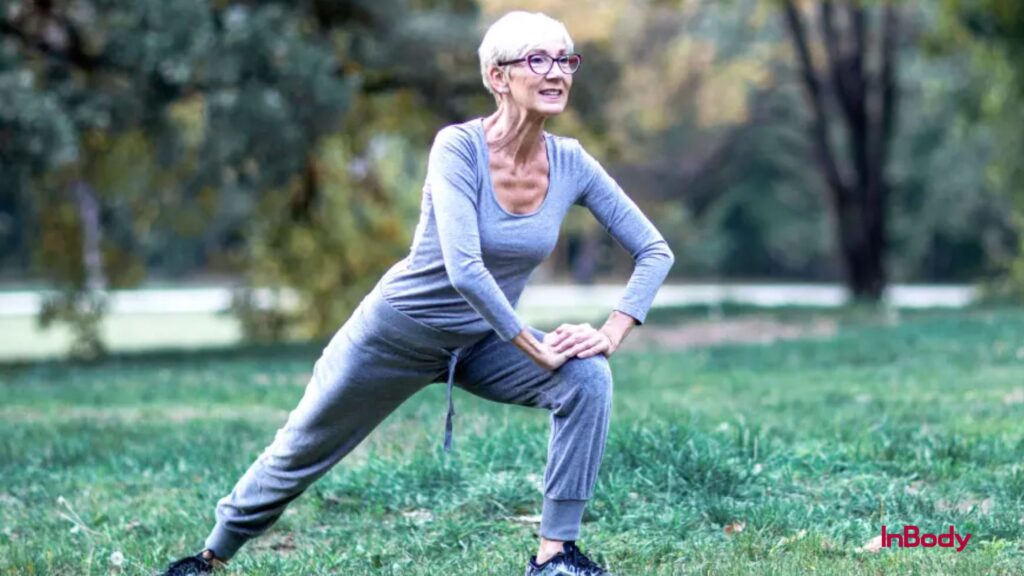
2. Eat Foods That Nourish Inside and Out
What you eat can help your body stay strong and balanced. Start by getting enough calcium found in things like dairy, leafy greens, and almonds to keep your bones healthy. Pair that with vitamin D (from sunlight or foods like salmon and egg yolks) to help your body absorb that calcium properly.
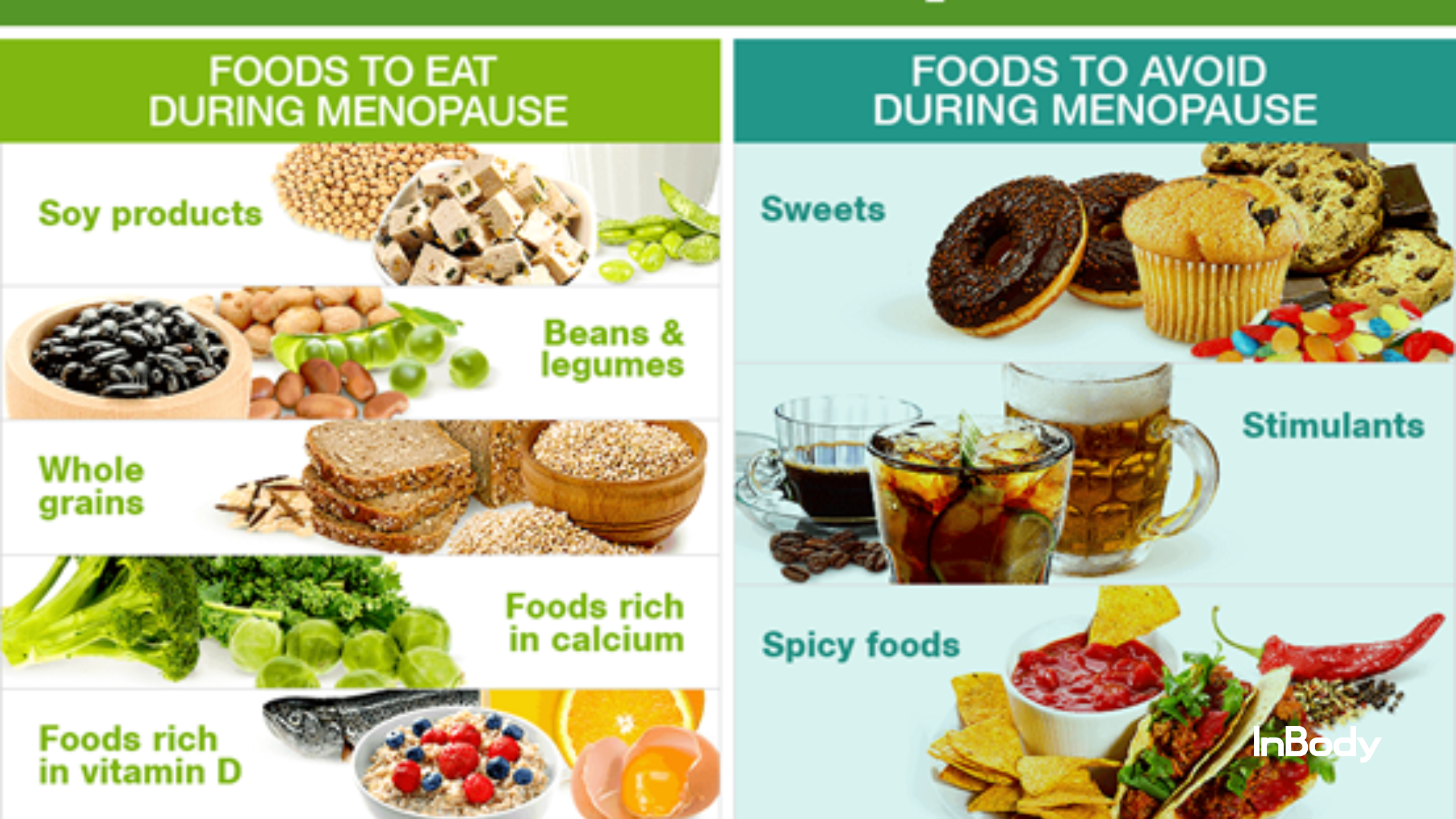
3. Prioritize Sleep and Keep Stress in Check
When you’re stressed or not sleeping well, it doesn’t just affect your mood it impacts your bones and brain health, too. High levels of stress hormones over time can weaken bones and cause mental fatigue or memory issues.
Try carving out a few minutes a day for calming habits: deep breathing, journaling, yoga, or meditation. And make sleep a priority.

4. Explore Hormone Support
Some women find that hormone therapy helps with symptoms like bone loss and mental fog. However, it’s not the best choice for everyone and should always be discussed with a healthcare provider. If you’re looking for natural options, certain supplements like vitamin K2, magnesium, and black cohosh are often used to support bone health and hormonal balance in a gentler way.
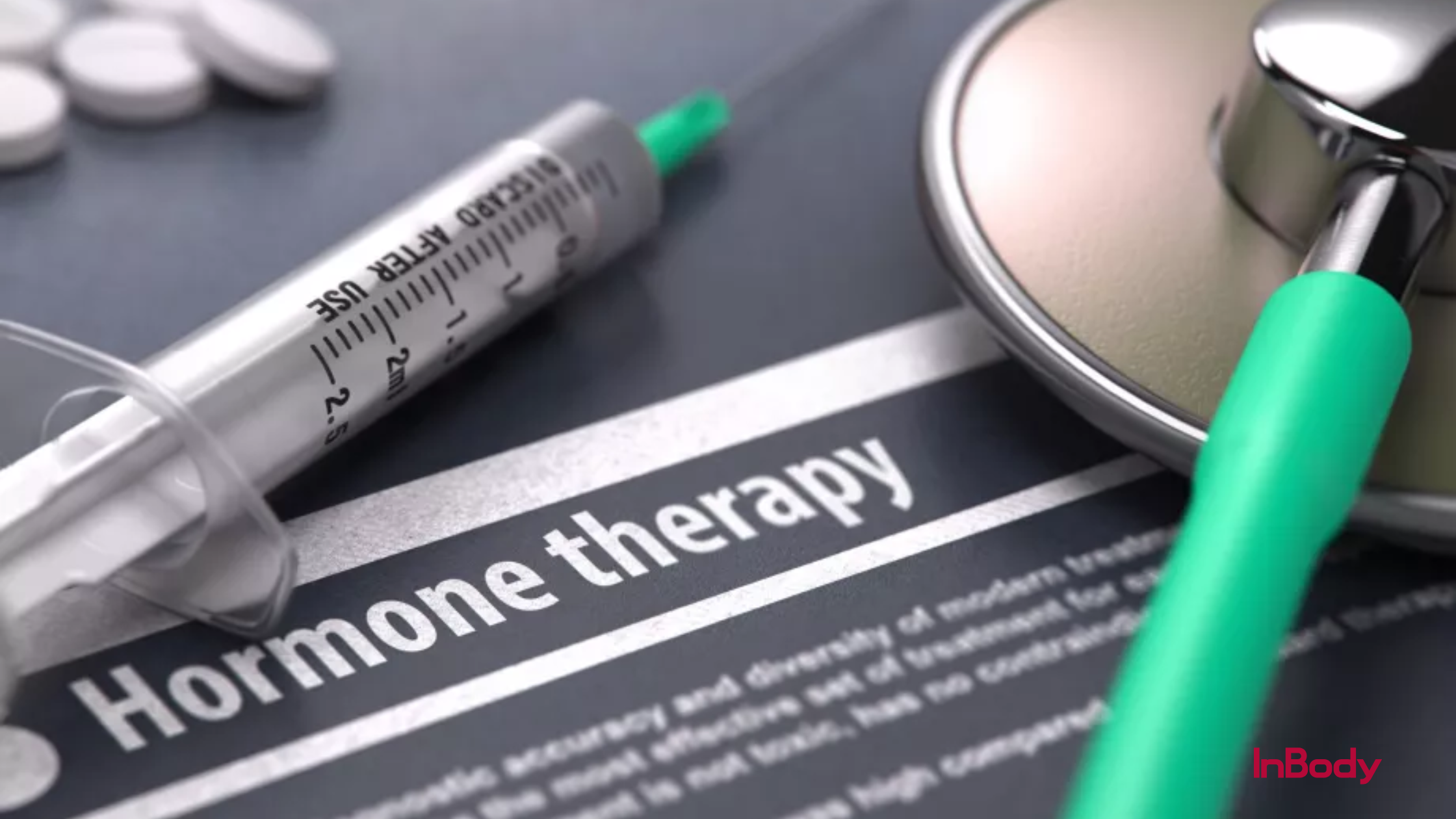
People Also Ask
1. Can menopause cause brain lesions?
Menopause doesn’t directly cause brain lesions, but the drop in estrogen can affect brain health. It may increase the risk of conditions like stroke or white matter changes, which can lead to lesions. Some women also experience memory issues or brain fog, though these are usually functional, not structural. If severe symptoms occur, brain imaging may be needed.
2. What is the best natural remedy for osteoporosis after menopause?
A combination of strength training, calcium and vitamin D-rich foods, and lifestyle changes (like quitting smoking and reducing alcohol intake) is the best natural way to prevent osteoporosis.
Final Thoughts: Take Charge of Your Health!
Menopause might bring big changes, but it doesn’t mean you have to accept memory loss and weak bones as part of aging. With the right lifestyle habits, you can stay strong, sharp, and full of energy well into your later years.
1. Move your body—lift weights, walk, and improve balance
2. Eat smart—focus on calcium, vitamin D, and brain-boosting foods
3. Manage stress—sleep well, meditate, and take care of your mental health
4. Consider HRT or supplements if needed
What’s one thing you’re doing to stay healthy post-menopause? Let’s chat in the comments!

Leave a Reply